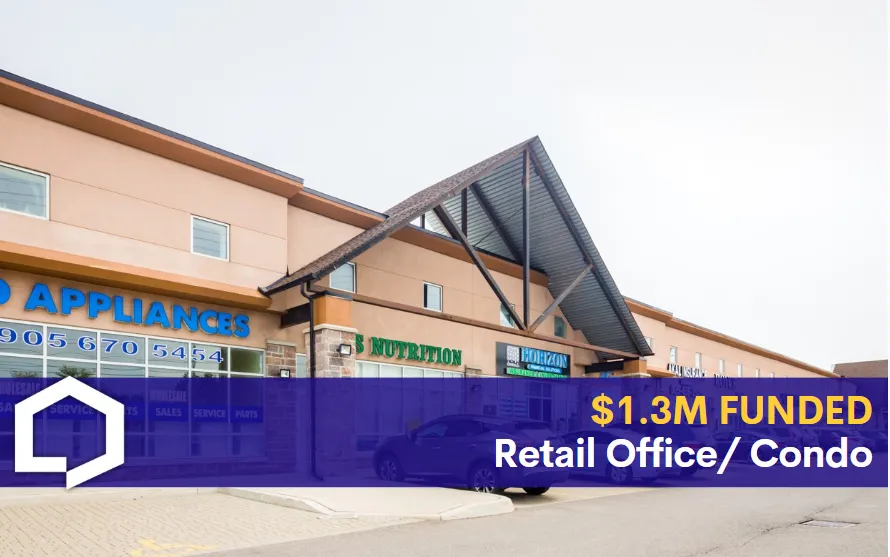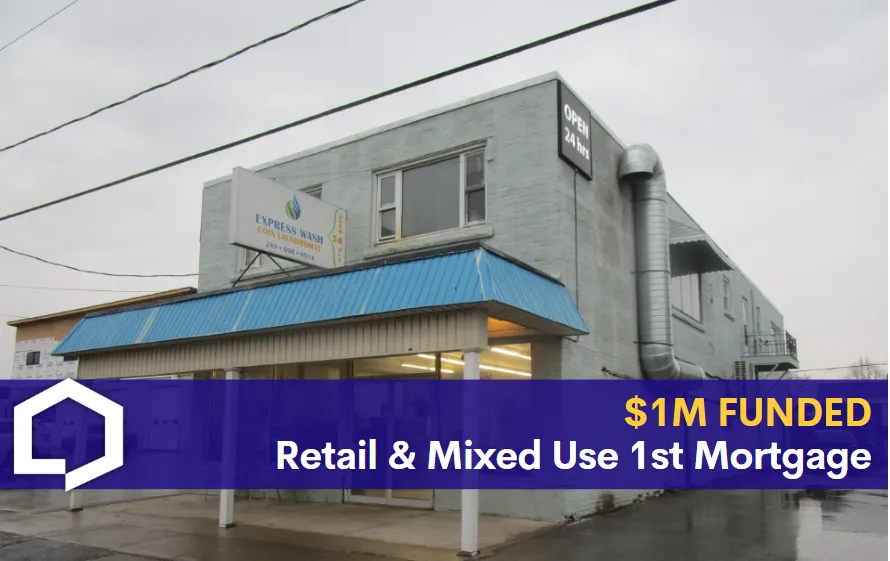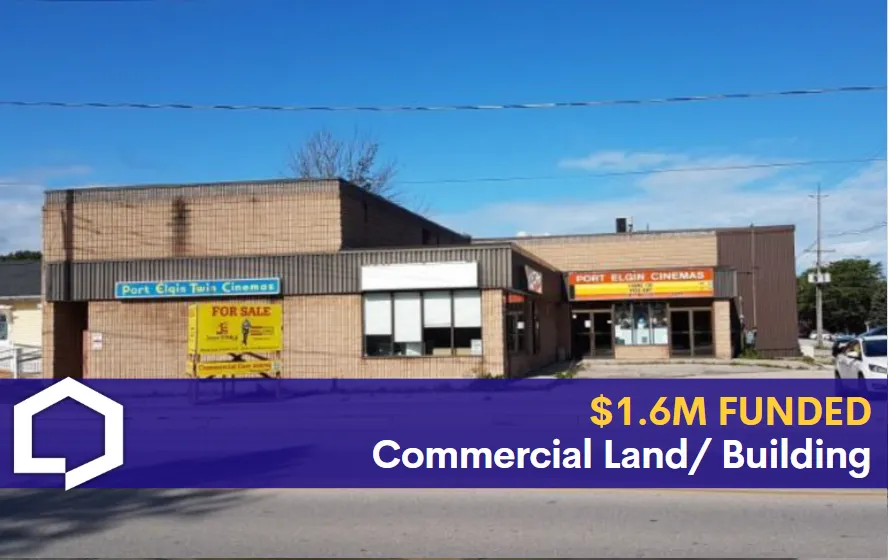Talk To - call (416) 880-8246
Talk To Olga - call (416) 880-8246
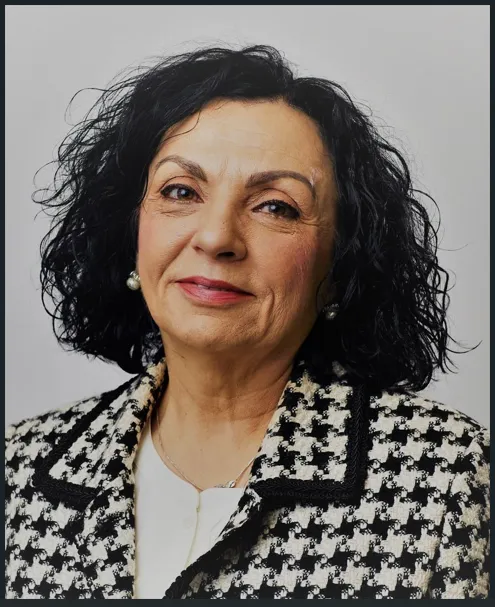
Olga Baldin
LIC# M21005061
Want to Buy a Commercial Property?
Take Our 1-Minute Smart Quiz To Find Out How Much You May Qualify For
Commercial Mortgage Application
Mixed-use Properties
Multi-family Residential
Industrial Buildings
Office Buildings
Medical Building
Retail Plazas
Warehouses
Shopping Malls
Land Development
Work with a local Mortgage Expert.
Need help with Commercial Property Financing?
Getting the help you need to acquire the right Commercial Mortgage to Buy or Refinance your Land, Farm, Industrial Property, Development or Construction mortgage and more!
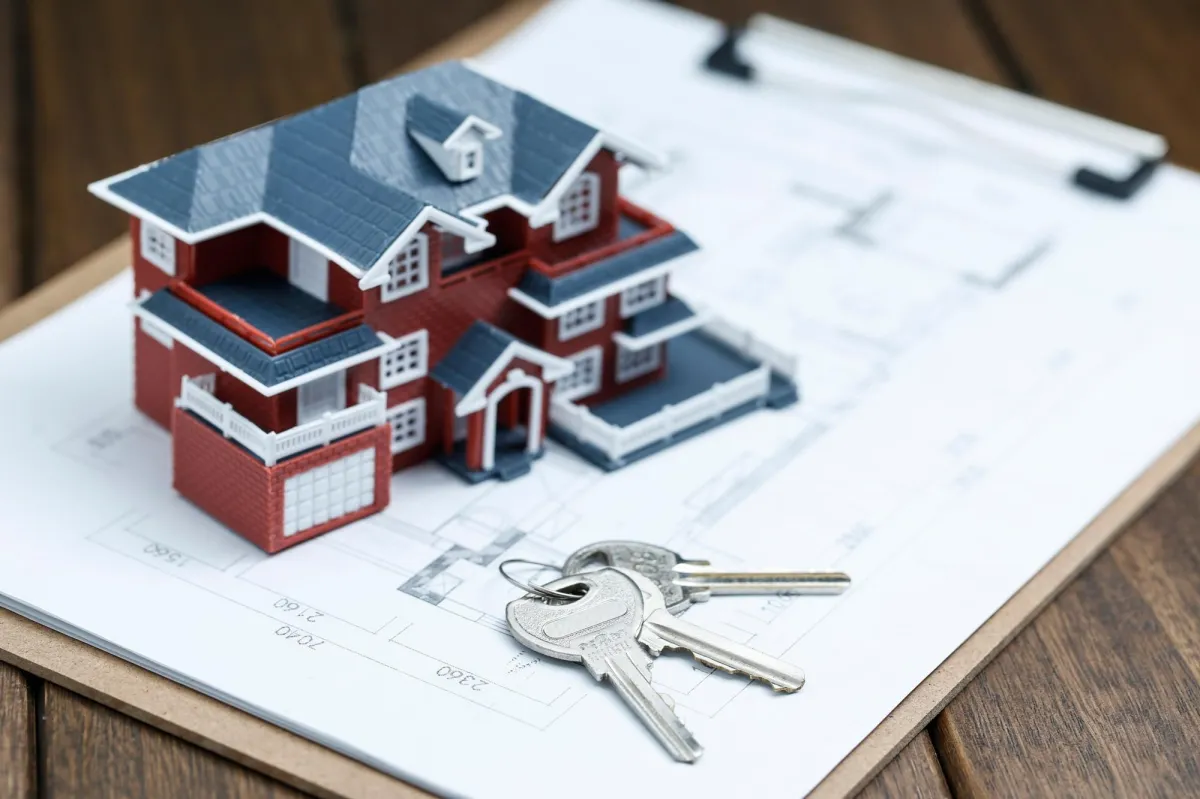
Commercial Mortgages
A commercial mortgage functions similarly to residential mortgages, where you can secure a loan to buy property. However, the distinction between residential and commercial properties significantly influences the mortgage conditions.
Commercial real estate encompasses clear-cut examples like retail spaces, office complexes, and storage facilities. Additionally, some residential buildings may qualify for a commercial mortgage if acquired for business purpose
for example: An apartment complex intended for leasing could be deemed commercial.
Commercial Mortgage Fees
Commercial mortgages have higher rates than residential mortgages, but they also have higher fees. You can expect to pay thousands of dollars in set up fees, including:
Lender fees
Depending on the lender that finances your mortgage, Lender fee varies. On average, your lender will charge between 4 and 6% of the mortgage amount.
Broker fees
Commercial mortgages are harder to find financing for than residential mortgages, therefore your broker will charge you a fee to find the best commercial mortgage rates, usually between 1 and 2%.
Legal fees
These include paying for services provided by a real estate lawyer or notary, such as performing a title search, and registration fees and disbursements. This usually costs $3,500 or more.
Appraisal
An appraisal is necessary to determine the value of the property, which will dictate how much money you're able to borrow. The more the property is worth, the more you're may be able to borrow, Note that you'll also have to pay more for your down payment. The avarage cost is around $1,500 or more.
Title insurance
Title insurance is a low, one-time cost that protects the legal property owner from future title fraud and challenges. It's valid for as long as you're the owner of the property, making it a very cheap way to protect yourself. On average you can expect to pay about $1,500.
CMHC Insurance for Commercial Properties
CMHC will not insure a purely commercial property, but they will insure a commercial mortgage that will be used as a residential property, like an apartment complex, retirement dwelling, licensed care facility, or condominium building.
How to Qualify for a Commercial Mortgage
The bar for commercial mortgages is quite high because they're riskier than normal mortgages. Some of the criteria you'll have to satisfy are:
Debt service coverage ratio
How much lenders are willing to let you borrow is directly related to how much debt you already have. The actual number value of your debt isn't important, what's important is how much debt you have relative to your cash flow. The debt service coverage ratio (DSCR) is calculated as:
If your DSCR is below 1, then you have a negative cash flow and have to rely on outside sources to make up the difference. Lenders don't like negative cash flow as a rule, but may make exceptions if the borrower has a lot of assets. If the ratio is close to 1, such as 1.1, then the property is vulnerable and is at risk of having a negative cash flow in the future. It's important to get your DSCR as high as possible when applying for a commercial mortgage.
Credit score
A good personal credit score bodes well for your business because it means that someone responsible is at the helm. The lower your score, the less likely it is that you'll be approved for a commercial mortgage.
Your business
It isn't every day that average investors try and get a commercial mortgage. Usually, it's businesses that are applying for them – so it's imperative that your business is in a good financial position. Your lender will want proof that your business will be able to earn enough revenue to pay for the mortgage, and often require a minimum net worth of $100,000 - $200,000.
Your type of business may also play a factor in your approval. Is your business poised for growth?
Down payment
The expected down payment for a commercial mortgage is much higher than a residential one. A typical down payment is 20 – 35% for a mixed use property, while a pure commercial property can require as much as 50% down.

Olga Baldin
Mortgage Expert


